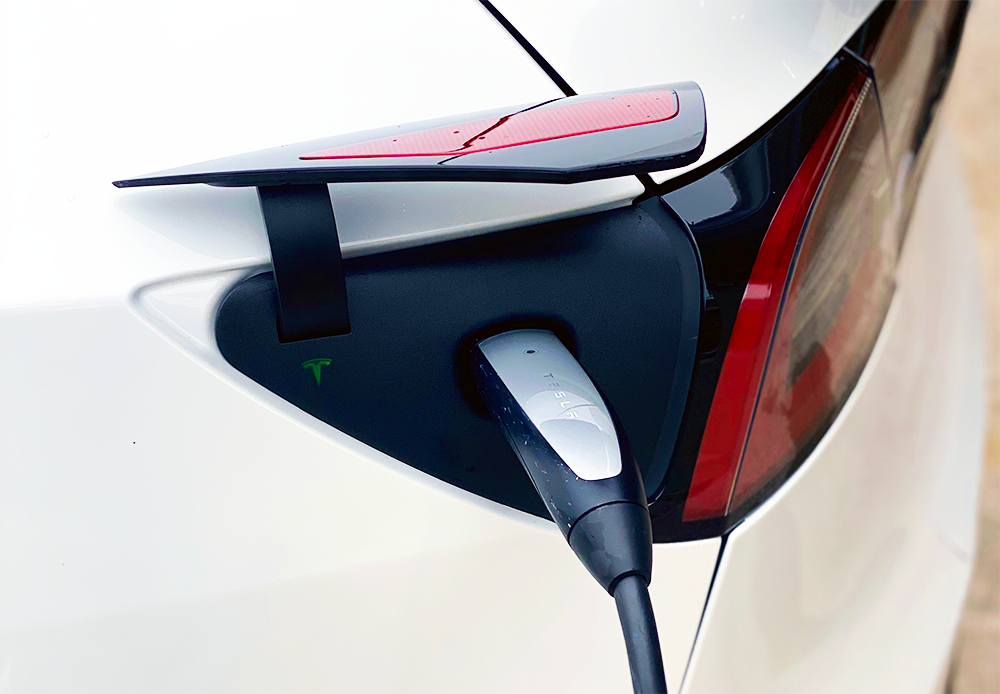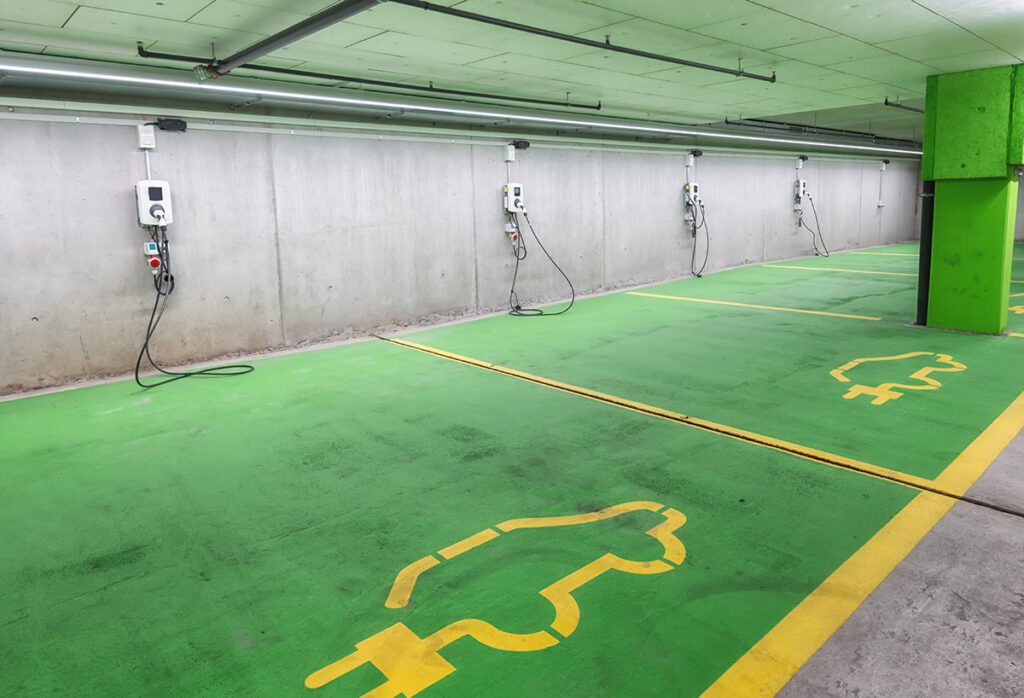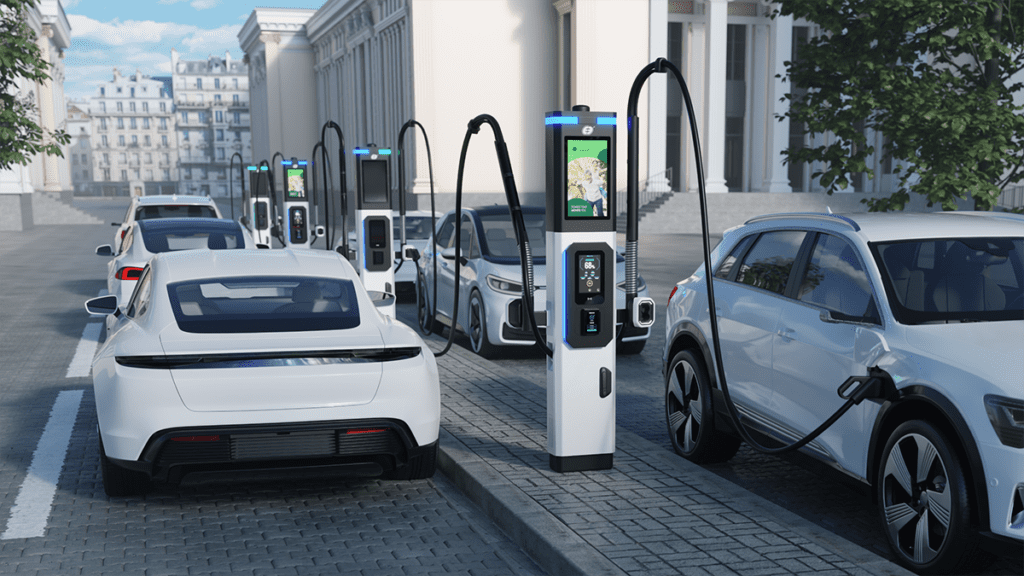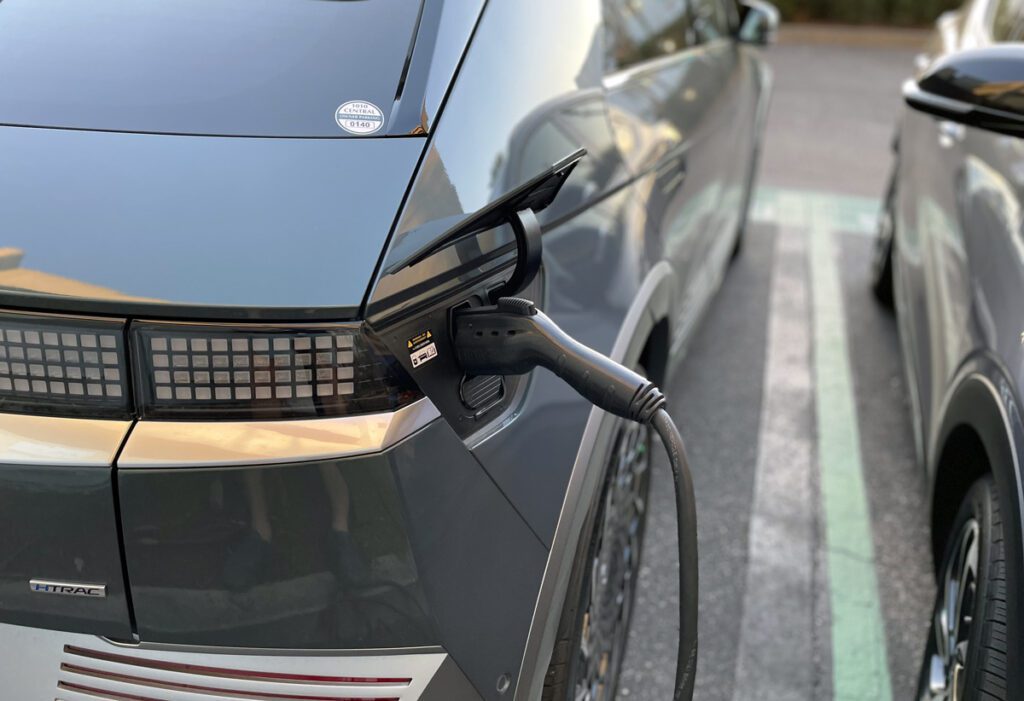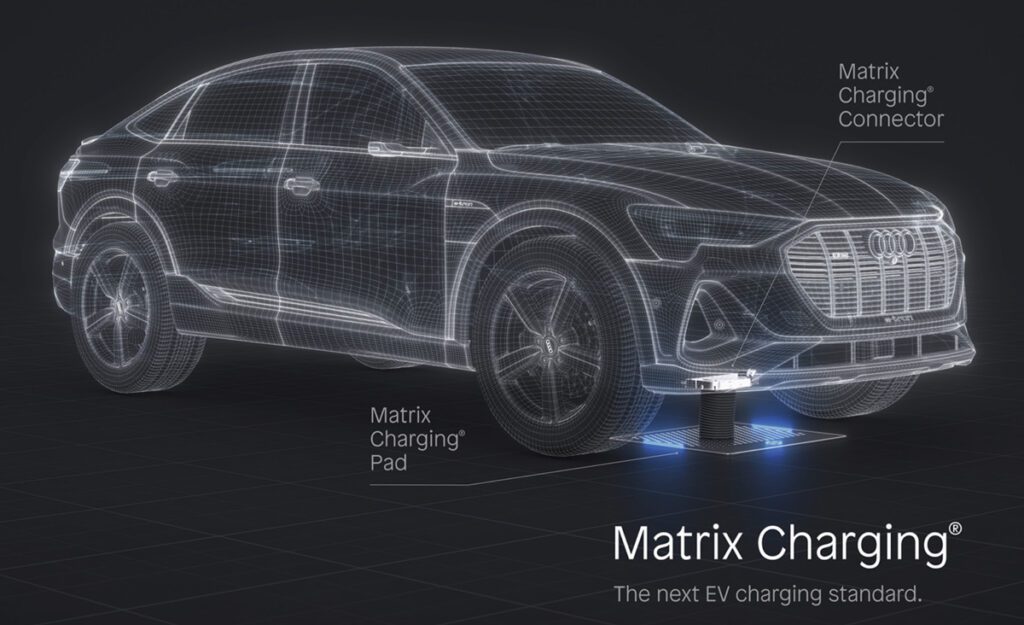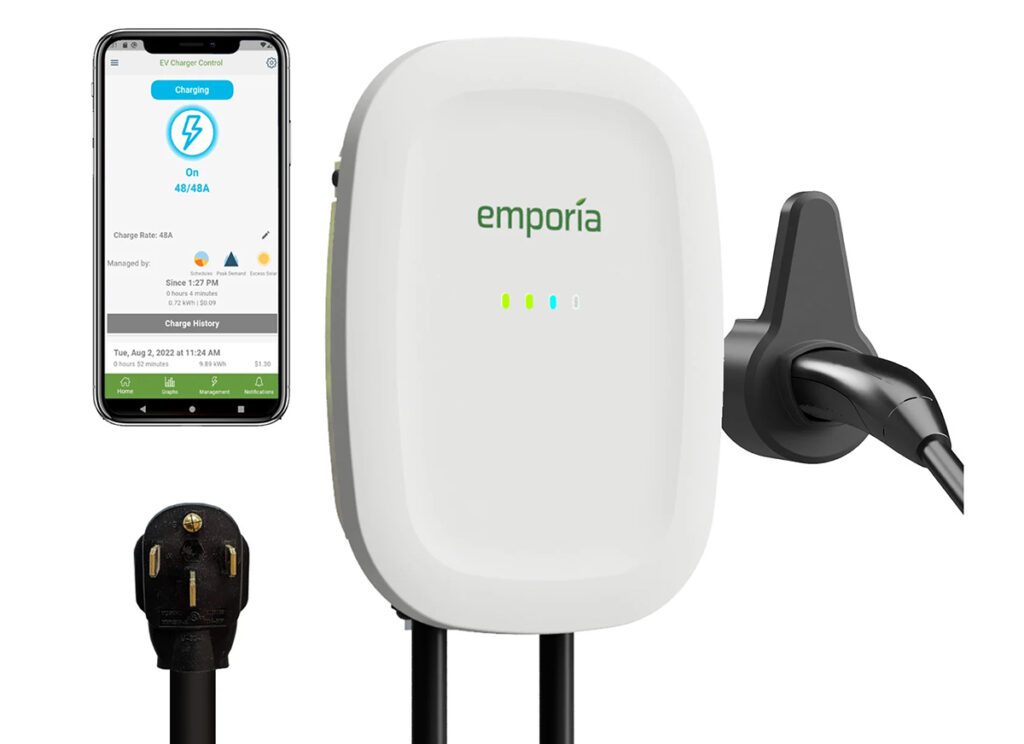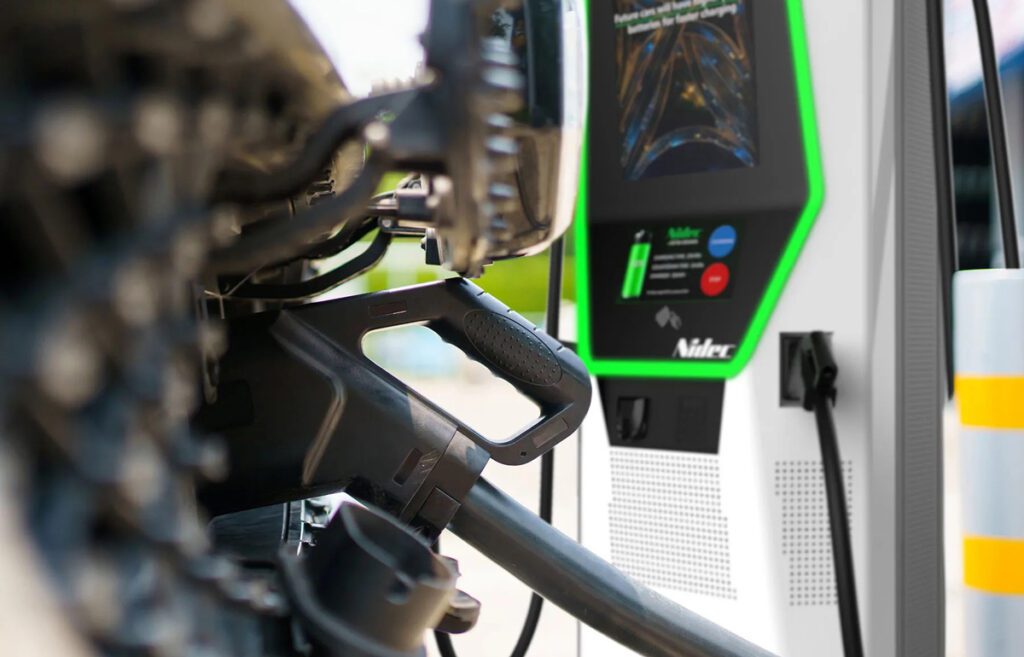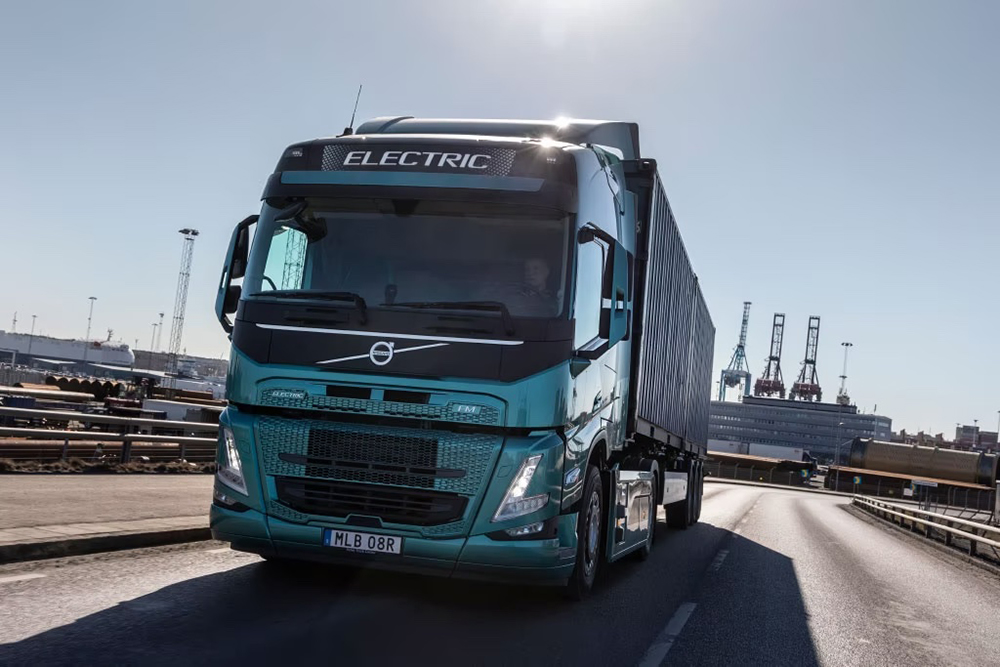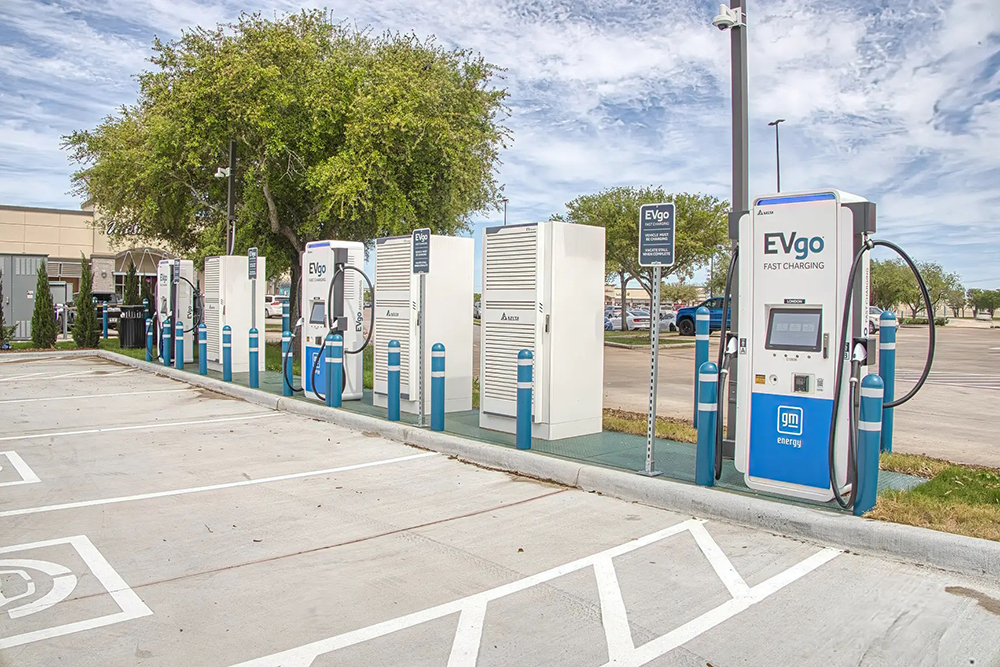A new report from Navigant Research has found that public charger deployments are positively affecting plug-in vehicle adoption, although the sustainability of the business model is in doubt due to low utilization among early EV adopters, which makes private investment difficult.
The report, “Leveraging Charging Infrastructure to Accelerate EV Sales,” analyzes the relationship between public charger deployment and EV demand.
EV markets have grown considerably since 2010, thanks to government policies and advances in battery technology. However, purchase subsidy programs in major markets are beginning to phase out, and Navigant says EV ownership largely remains an option for select consumer groups rather than the mass market, due to an insufficient public charging solution.
To propel deployment of public charging, Navigant recommends stakeholders use subsidies to shape and standardize public charger deployment. They should encourage interoperability and flexibility, and clarify a role for the electricity transmission and distribution sector. Also, opening additional revenue streams for charge point operators can aid in market advancement.
“This finding is encouraging for EV market stakeholders, and should be considered when designing policies to speed EV adoption,” said Navigant Senior Research Analyst Scott Shepard. “There are many ways to support public charging, and a growing collection of solutions are emerging on behalf of steady progress, with technology standards and innovative approaches using communication protocols and energy storage technologies.”
Source: Navigant






















































